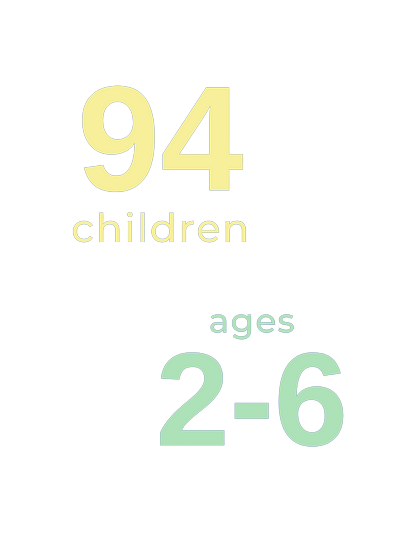
Published in EARLY CHILD DEVELOPMENT AND CARE | May 2022
This new and pivotal research study from lead author Dr. Donna Housman, founder of Housman Institute, shows that a preventive intervention (begin to ECSEL) program, designed to promote young children’s emotional competence, increases their self-regulation, executive function, and ability to learn. Scroll down to learn more.
Skills associated with the regulation of emotion, thinking, and behavior are deemed critical for many fundamental abilities, including memory, attention, and stress management (Osher, Cantor, Berg, Steyer, & Rose, 2020).
Developing social and emotional competencies during the critical period of neuroplasticity, within the first 3+ years of life, has a significant impact on the executive functioning and emotional regulatory skills essential for successful learning and social interaction.

Participants in this study included 94 children, ages 2-6 years old, who had been enrolled in the begin to ECSEL intervention program. These children were matched with a comparison group of children who had not experienced the begin to ECSEL program.
The study applied a series of tests from the Preschool Self-Regulation Assessment (PSRA) of children’s self-regulation and executive functioning skills, measuring both “hot” and “cool” executive challenge functions to assess impulse control and cognitive control (attention, thoughts, behaviors).

The preventive intervention program, begin to ECSEL (Emotional, Cognitive, and Social Early Learning), is the flagship program of Housman Institute and is based on the emotional foundations of learning and cognition. Begin to ECSEL uses everyday emotional situations as opportunities for young children to learn appropriate strategies for managing feelings, behavior, and thinking, thereby fostering their development of self-regulation and executive functioning skills.

These results support the study’s hypothesis that preschool children, when introduced to programs promoting emotional competence and regulation from birth, are better able to develop self-regulation and executive functioning skills.
This study reinforces the critical need to foster the growth and development of these skills, which are foundational to children's ability to learn and succeed academically. The begin to ECSEL prevention and intervention program promotes the development of greater emotional maturity and equilibrium, which unleashes a more robust capacity to learn.

Dr. Donna Housman
Founder and CEO, Housman Institute